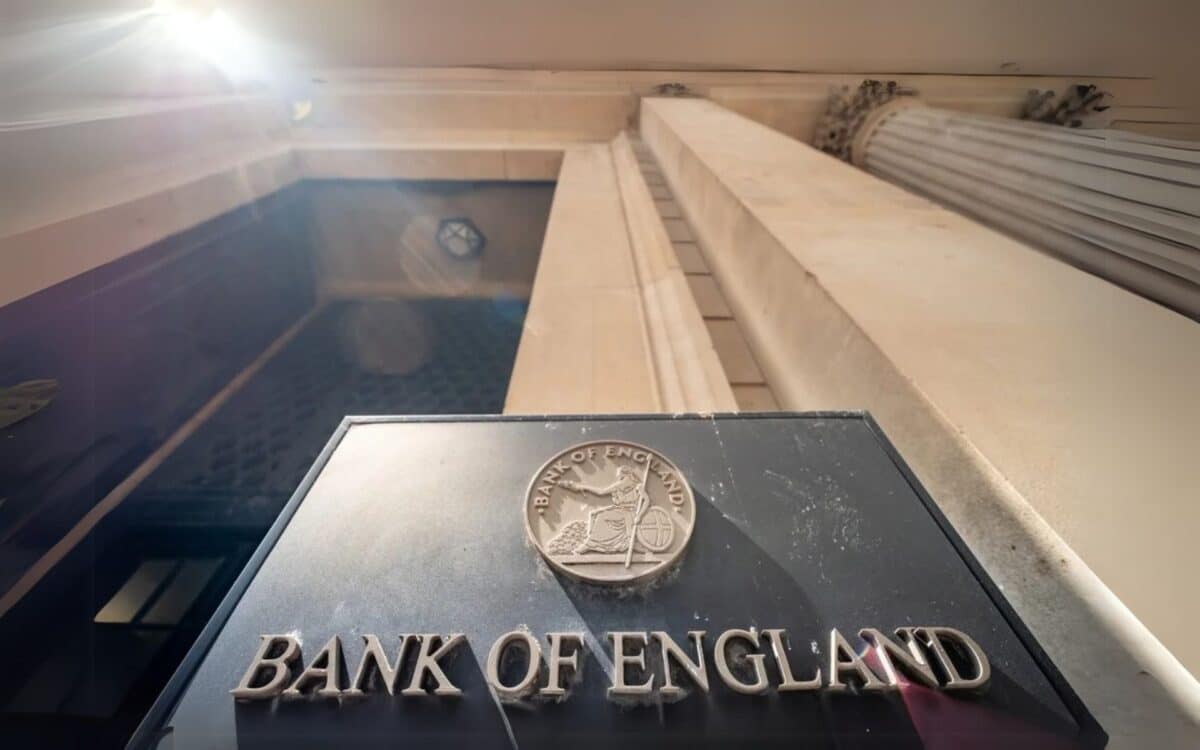The Bank of England is once again at the center of attention as shifting inflation rates spark discussions about its next move on interest rates. The latest economic data has presented both opportunities and challenges, leaving economists and policymakers to navigate a complex landscape.
With borrowing costs, mortgage repayments, and savings returns hanging in the balance, the potential impact of the Bank’s decisions could ripple across households and businesses alike. As February’s key meeting approaches, questions loom about how these factors will shape the future of the UK economy in a time of financial uncertainty.
Inflation’s Recent Decline and Its Impact on the Economy
The latest inflation data highlights a delicate balancing act for policymakers. While a modest decline in inflation is encouraging, it remains uncertain whether this is a sustainable trend. External pressures, including global market volatility and domestic fiscal changes, may influence the Bank of England’s response. A cautious approach will likely dominate discussions in the coming weeks.
A Small Step for Inflation
The Consumer Prices Index (CPI) reported a slight decrease, falling from 2.6% to 2.5% in December, according to the Office for National Statistics (ONS). While this appears to be a positive adjustment, it remains above the BoE’s target of 2%, leaving room for further scrutiny.
- December inflation: 2.5%
- BoE target: 2%
- Last month’s inflation: 2.6%
Broader economic context
The UK is grappling with fluctuating financial markets, marked by a weakening pound and escalating borrowing costs. These factors compound pressure on the Monetary Policy Committee (MPC) as they evaluate whether to adjust the base interest rate.
- The pound’s value remains volatile.
- Borrowing costs are rising for businesses and households.
- Economists are divided on the potential rate cut’s timing.
Understanding Interest Rate Changes
The ripple effects of interest rate changes extend across all facets of the economy. While borrowers might welcome reduced repayments, savers may see their returns dwindle. The Bank of England‘s policy choices must strike a delicate balance to accommodate the varied needs of the population without exacerbating economic challenges.
Effects on Borrowers
Interest rate adjustments hold direct implications for loans and mortgages, particularly for those with variable-rate contracts. If rates are lowered, borrowing costs will ease, reducing monthly repayments. Conversely, fixed-rate agreements are shielded from such fluctuations until their term expires.
- Variable-rate loans: Payments fluctuate with rate changes.
- Fixed-rate loans: Payments remain stable until renewal.
- Homeowners with variable-rate mortgages may see reduced costs.
Impact on Savers
For savers, lower interest rates can decrease returns on savings accounts. Conversely, a rise in rates would boost interest income, presenting a trade-off between borrowing relief and saving incentives.
- Savings account returns mirror base rate changes.
- Lower rates may diminish incentives for long-term savings.
The Bank of England’s potential moves
Policymakers face mounting challenges amid economic uncertainties and evolving fiscal changes. Global inflationary pressures and domestic policy shifts are narrowing the margin for error. Many experts anticipate a rate cut in February, with the decision hinging on balancing immediate relief for borrowers and the broader goal of long-term economic stability.
Key factors influencing the decision
The recent inflation dip offers a nuanced perspective. While it aligns with the Bank of England’s forecasts, other economic pressures—such as higher employer contributions and minimum wage increases set for April—could complicate decisions. Many experts highlight that subdued economic activity and a weakening labor market might push the BoE toward further rate cuts.
- Julian Jessop (Institute of Economic Affairs): Advocates for rate cuts amid subdued growth.
- Daniel Casali (Evelyn Partners): Warns of persistent inflation in sectors like housing and services.
Challenges ahead
Upcoming fiscal measures, including adjustments to the National Minimum Wage and employer contributions, may prompt businesses to raise prices, potentially stoking inflation. Rising global oil prices could also exacerbate cost pressures, adding complexity to the Bank of England’s policy considerations.
- National Minimum Wage increases could push producer costs higher.
- Brent crude oil surpasses $80/barrel, a high since summer.
- Services inflation remains elevated at 4.4% year-over-year.
The BoE’s next policy review on February 6 is widely anticipated. Market expectations point to a modest rate cut of 25 basis points, bringing the base rate to 4.5%. However, this decision hinges on balancing the need for economic support against potential inflationary risks.









